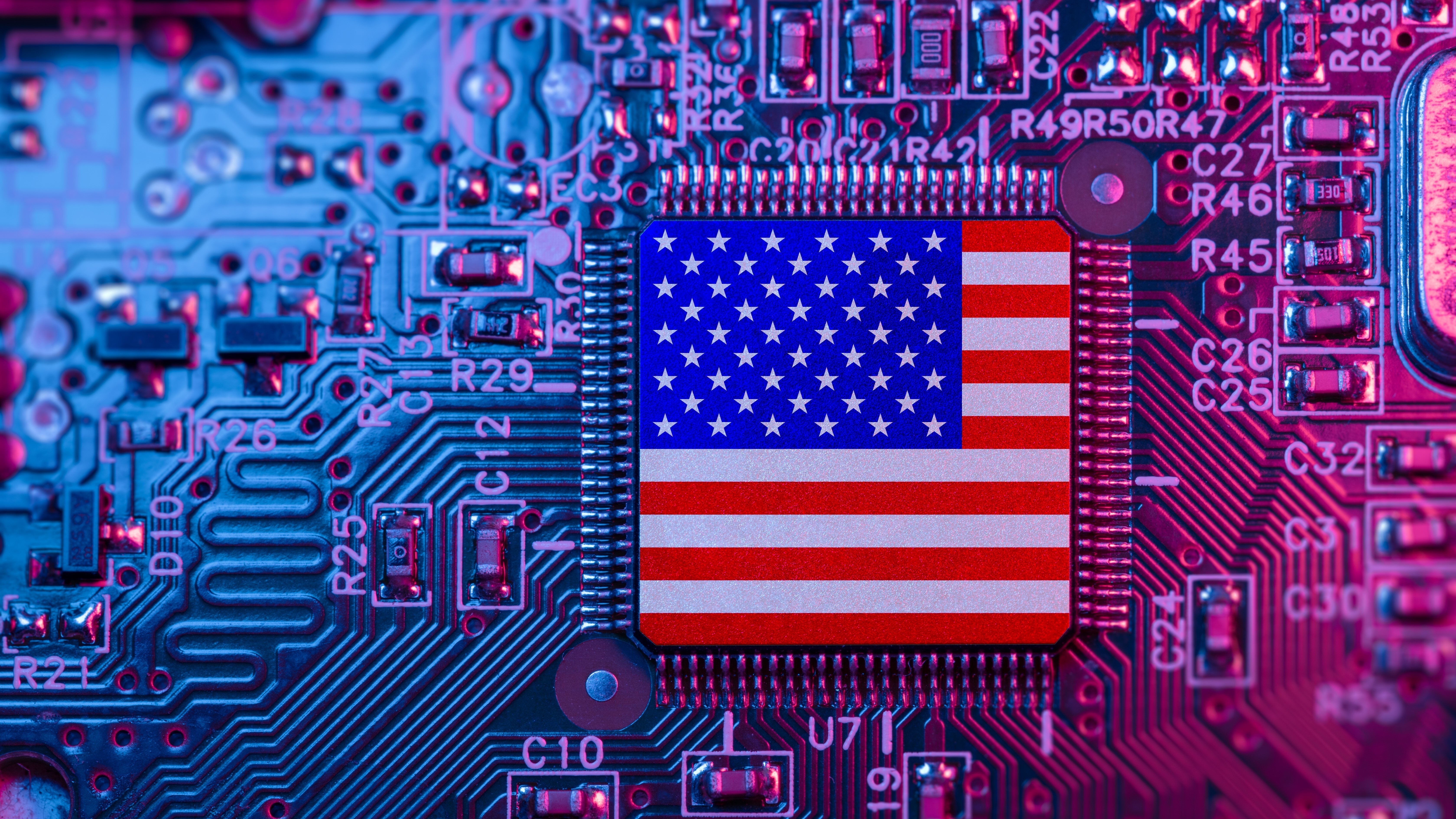
Polar Semiconductor, a Minnesota-based manufacturer of sensor and power semiconductors, is the first company to be awarded under the CHIPS program, ahead of several other prospective recipients like Intel, Samsung, and TSMC. According to the U.S. Department of Commerce, the company will receive up to $123 million in direct funding, although the funds will be released in tranches according to completed milestones.
The CHIPS Act fund will upgrade and expand Polar’s existing fab in Bloomington, Minnesota. It is part of the $525 million investment in the company from private equity, the state government, and Washington. The company aims to double its U.S. production capacity in two years through the funding it receives from the federal government.
Aside from the new facilities, the investment will also mean that Polar is changing hands—70% of the company was previously held by Japan-based Sanken Electric Co., but the total investment will bring 59% of the company under the control of NY-based Niobrara Capital and NJ-based Prysm Capital. This turns Polar Semiconductor from just a U.S.-based foundry owned by a foreign entity into a domestic fab that is under majority U.S. control.
President Joe Biden signed the CHIPS Act into law in 2022 to help restart American semiconductor investment. Since then, the federal government has invested more in domestic chip manufacturing in 2024 than in the last 28 years combined. “Today’s announcement that the Department of Commerce has finalized the first commercial CHIPS Incentives award with Polar Semiconductor marks the next phase of the implementation of the CHIPS and Science Act, and demonstrates how we continue to deliver on the Investing in America agenda,” said Biden.
Other companies lined up to receive CHIPS Act benefits include industry giants Intel, Samsung, and TSMC. Polar’s $123 million from the federal government is just a drop compared to Intel—which is projected to receive $8.5 billion—and TSMC—which was promised $6.6 billion. However, Intel’s CHIPS Act funds are reportedly delayed as Washington asks for more information from the company, especially in light of its recent financial troubles.
As more companies receive their CHIPS Act awards, we expect domestic chip production in the U.S. to increase exponentially in the coming years. While it may take time to set up these facilities, the fact that manufacturers are now receiving funds from the federal government will help keep America in the lead of semiconductor technology in the years to come.







